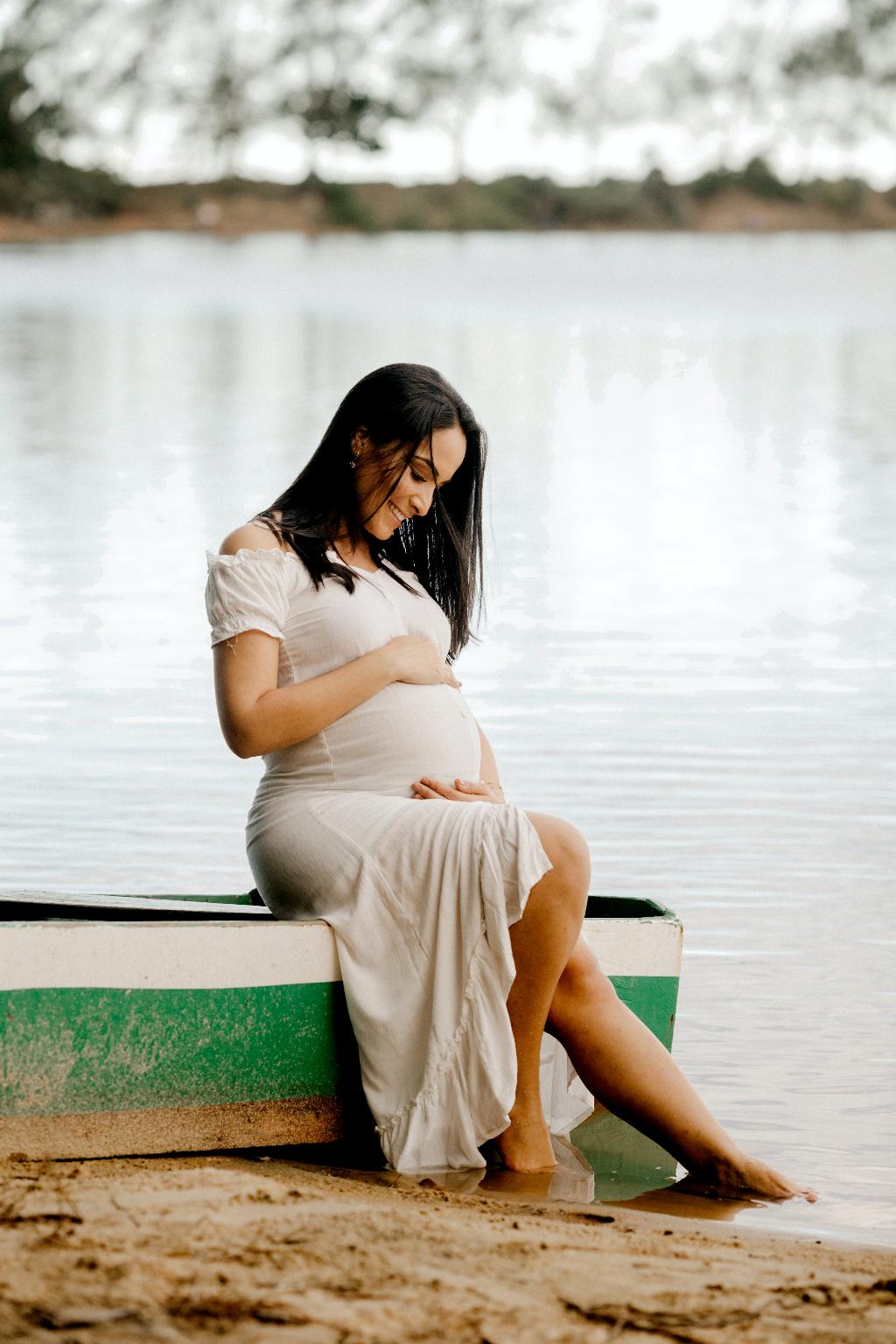Dealing with extra skin after pregnancy is a common concern for many women. The changes that occur in the body during pregnancy can lead to loose and sagging skin, particularly around the abdomen, thighs, and breasts. This extra skin can be frustrating and impact a woman’s self-esteem as she adjusts to her postpartum body.
Factors Affecting Skin Recovery
It’s important to note that the extent to which extra skin from pregnancy goes away varies from woman to woman. Several factors play a role in determining how well the skin bounces back, including a woman’s age, genetics, skin quality, and the amount of weight gained during pregnancy.
The Role of Diet and Exercise
While extra skin may not completely disappear on its own, adopting a healthy lifestyle can help improve its appearance. A balanced diet rich in nutrient-dense foods, along with regular exercise, can promote skin elasticity and tone, ultimately reducing the look of sagging skin over time.
Patience and Realistic Expectations
It’s essential for women to have patience and realistic expectations when it comes to seeing improvements in their postpartum bodies. The process of skin recovery takes time, and results may not be immediate. Consistency in following a healthy routine is key.
Medical Interventions
In cases where diet and exercise alone are not providing the desired results, there are medical interventions available to address excess skin. Procedures such as abdominoplasty (tummy tuck) and skin tightening treatments can be considered to enhance the appearance of the skin.
Consulting with a Healthcare Professional
Women who are concerned about excess skin after pregnancy should consult with a healthcare professional, such as a dermatologist or plastic surgeon. These experts can assess the individual’s specific situation and provide personalized recommendations for addressing loose skin.
Embracing Body Changes
It’s important for women to remember that changes in their bodies following pregnancy are natural and part of the journey of motherhood. Embracing these changes with a positive mindset and focusing on overall health and well-being can help in feeling confident and comfortable in one’s skin.
Skin Care Tips
In addition to lifestyle changes, adopting a consistent skincare routine can also support skin health and appearance. Moisturizing regularly, staying hydrated, and protecting the skin from sun damage can contribute to overall skin elasticity and firmness.
Supportive Undergarments
Wearing supportive undergarments, such as postpartum shapewear or bras, can provide a temporary solution for minimizing the look of sagging skin while the body continues to recover. These garments can help create a smoother silhouette under clothing.
Self-Care and Mindfulness
Practicing self-care and mindfulness techniques can also be beneficial in managing feelings related to body image and self-confidence. Engaging in activities that bring joy and relaxation can help in fostering a positive relationship with one’s body.
Final Thoughts
While extra skin from pregnancy may not fully go away for everyone, taking steps to care for the skin and body can make a difference in its appearance over time. By focusing on overall health, embracing body changes, and seeking professional guidance when needed, women can navigate this aspect of postpartum recovery with confidence.

